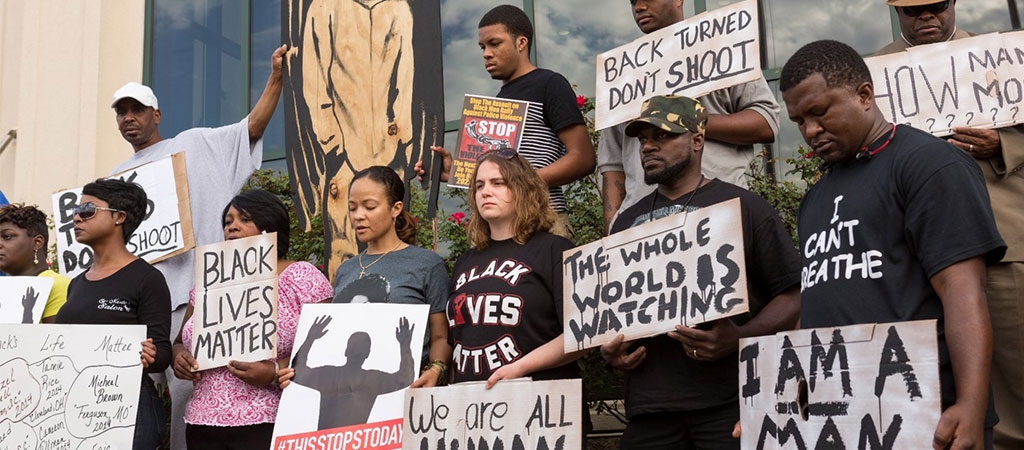Race
CRS supports communities across the United States and its territories as they respond to race-based tension and conflict. Race-based tension and conflict can be on the basis of actual or perceived race or because of personal characteristics associated with race. Below are a few examples of the support CRS can provide:
- Discussing perceived inequities and allegations of racially-biased policing with law enforcement agencies, community leaders, and all levels of government
- Sharing best practices for developing policies and procedures for alleviating community tensions
- Assisting law enforcement professionals and community members with resolving tensions and strengthening police-community partnerships when conflicts based on race arise
- Helping law enforcement professionals, community representatives, city officials, and demonstration organizers ensure safe and lawful assembly when rallies and demonstrations are planned in response to racial tension
- Facilitating dialogues with administrators, staff, educators, and students at schools and universities to increase cross-racial understanding and to address bullying and hate issues
Case summaries may be found within CRS’s Annual Reports, located on the CRS Resource Center webpage.

 U.S. Department
of Justice
U.S. Department
of Justice


